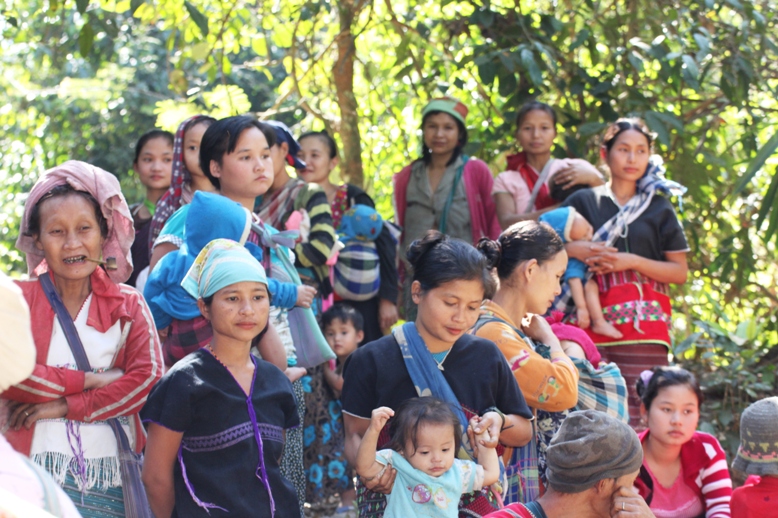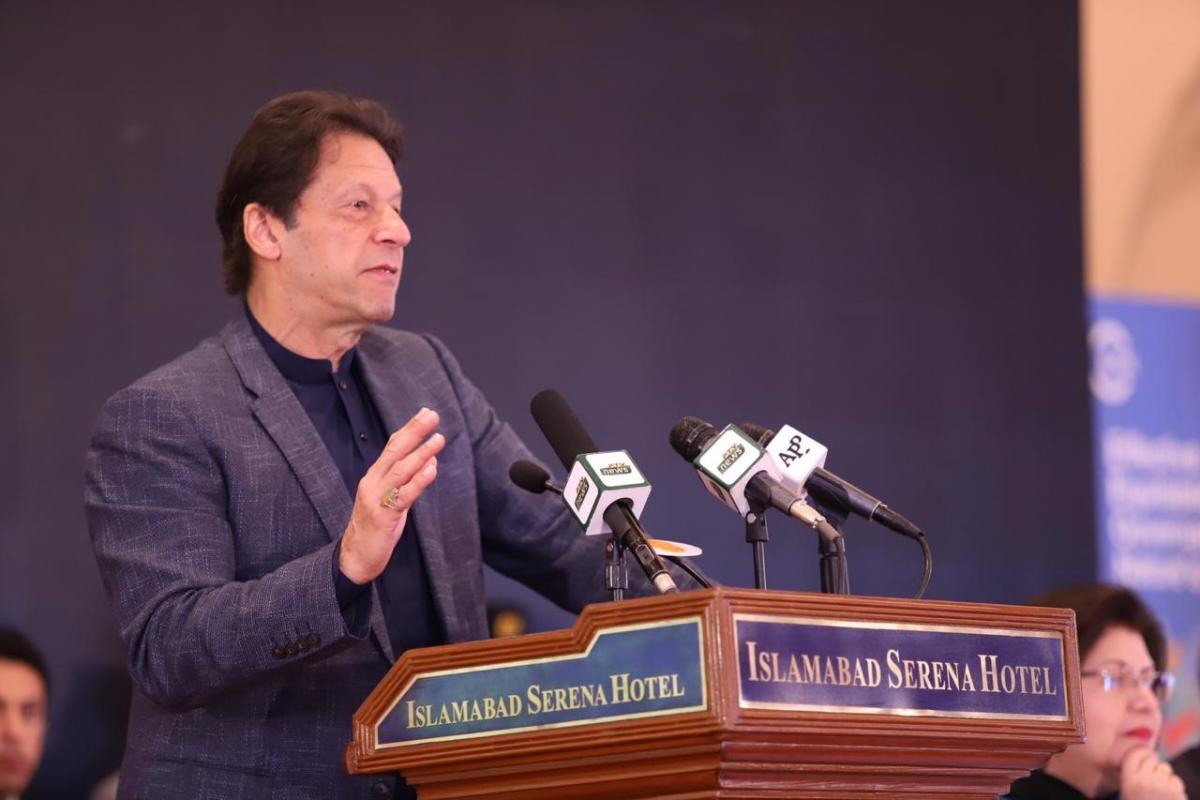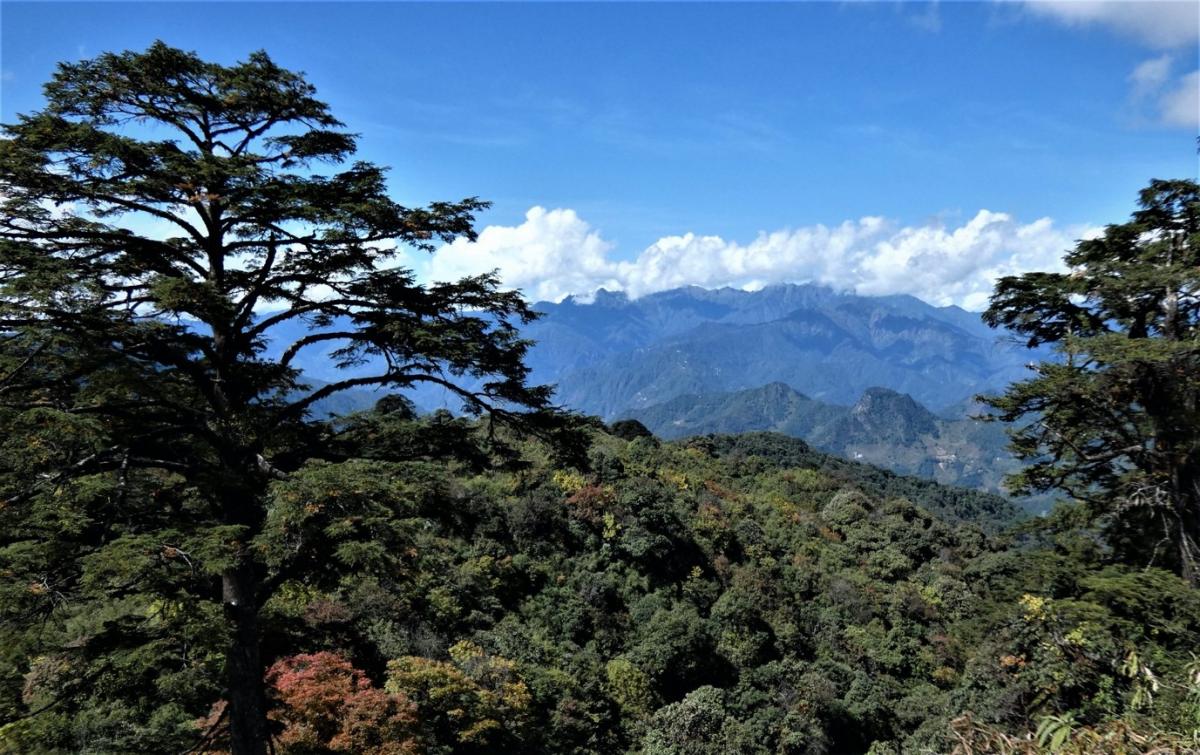Building conservation and peace in Myanmar
“All ethnic peoples have the same political aspirations – peace, self-determination and environmental sustainability” - Paul Sein Twa, Karen leader from Myanmar

Photo: Kesan
Today was the opening of The Community Kauhale ‘Ōiwi, a peer-to-peer meeting space at the IUCN World Conservation Congress that provides an opportunity for local and indigenous leaders to exchange knowledge and best practices in sustainable environmental management. Leveraging the unique partnership of the Equator Initiative/United Nations Development Programme and IUCN, the Kauhale aims to position local advocacy and knowledge sharing within the larger policy dialogues on conservation and sustainable development.
The Kauhale’s first panel was on “Localizing the SDGs: Engaging Indigenous Peoples and Local Communities”, focused on exploring how the global sustainable development goals (SDGs) can be implemented to address local realities and needs. This panel included Mr. Paul Sein Twa, Executive Director & Founding Member of The Karen Environmental and Social Action Network (KESAN) located in Burma/Myanmar. He is an ethnic Karen who has been working on social and environmental issues in Burma’s conflict areas since 1996. He spoke to the impact of the ongoing civil war, the longest in history (6 decades), on his country. Despite all the external talk of Burma’s peace and peace-building efforts he highlighted the stark fact that indigenous peoples face massive displacement from their territories. Estimated internal displacement of ethnic communities is well over ½ million.
Paul is attending the IUCN World Conservation Congress as part of a programme for facilitating indigenous and community participation managed by the IUCN Social Policy Unit, with support from The Helmsley Charitable Trust.
Paul’s organization, KESAN is a community-based, non-profit organization that works to strengthen Karen indigenous rights and environmental knowledge in the Karen region of Kawthoolei. Their holistic program approach includes livelihood restoration, water, land and forest governance, biodiversity conservation, and environmental education. It is based on the belief that Karen communities are more able to sustainably utilize natural resources and conserve biodiversity when they are able to secure land tenure and manage their own resources.
Paul reminded the panel and audience that “All ethnic peoples have the same political aspirations – peace, self-determination and environmental sustainability”.
He shared one of the major efforts KESAN is currently undertaking, the establishment of the Salween Peace Park which represents a vision for an indigenous Karen landscape of human-nature harmony. This park would be created in the Salaween river basin which contains one of the last great wild landscapes of Southeast Asia. This initiative builds upon more than a decade of community-based conservation work which has identified the vast richness of flora (e.g. 93 wild orchid species) and fauna (e.g. 90 species of river fish). Some of the rare species found in this territory include the sun bear and the clouded leopard. KESAN has conserved of 70,000 hectares of wildlife sanctuary and mapped 63 reserved forests, 18 customary lands and herbal medicine forests - all with the active participation of local communities.
The Salween Peace Park proposes a sustainable alternative to mega dams, strip mines, and top-down protected areas like national parks, all of which require the colonization of indigenous territories. It will also address the abuses of militarized economic development and extractive industries.
Most importantly, this park would be unique in fully recognizing indigenous peoples’ land and resources. Its establishment would reflect the core aspirations of the Karen people: 1) peace and self-determination; 2) environmental integrity, and 3) cultural survival. The creation of Salween Peace Park will recognize the unique Karen bio-cultural landscape and their vision of peace.
Author: Miriam Anne Frank, for the IUCN Social Policy Unit



